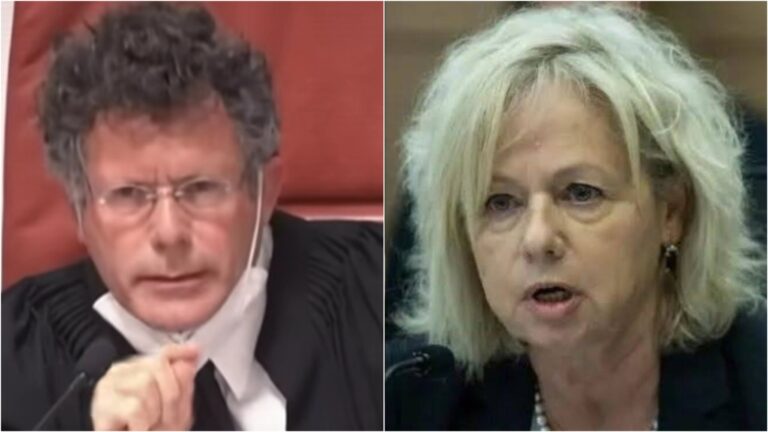 In the waning days of this year’s New York State legislative session, the legislature amended a bill that, as initially proposed, would have curtailed the right of a private school student’s parents to challenge the Individualized Education Program (IEP) developed by the local school district for their educationally handicapped child. The amendment, which restored that right of challenge, averted “what could have been a major disaster for special needs children in our community,” according to a spokesman for Agudath Israel of America.
In the waning days of this year’s New York State legislative session, the legislature amended a bill that, as initially proposed, would have curtailed the right of a private school student’s parents to challenge the Individualized Education Program (IEP) developed by the local school district for their educationally handicapped child. The amendment, which restored that right of challenge, averted “what could have been a major disaster for special needs children in our community,” according to a spokesman for Agudath Israel of America.
New York State has always provided a higher level of services to nonpublic school students with special needs than is mandated by the federal government. Most notably, says Mrs. Leah Steinberg (who handles special education issues for Agudath Israel as director of the organization’s “Project LEARN”), private school special-ed students in New York, no less than their public school counterparts, are entitled to receive an IEP from their local school district’s Committee on Special Education specifying the child’s academic needs and outlining a program of special-ed services to which the student is entitled.
If a child’s parents, however, are not satisfied with the IEP, they can convene an impartial hearing at which they may challenge placements and/or services whose wisdom or efficacy they question. This “due process” hearing often results in parents receiving reimbursement for the costs of special ed services for their children in nonpublic schools, and has been enormously helpful to many special needs children in Jewish schools.
This important feature of the New York law was jeopardized earlier this year when the State Education Department submitted proposed new legislation to the state legislature on the topic of special education. While the SED’s proposal would have retained the level of special ed services to which private school children are entitled, it would also have eliminated private school parents’ due process prerogative.
Agudath Israel took a strong stand against the proposed legislation, as did other private school advocates. The result was an amended bill, subsequently signed into law by Governor Eliot Spitzer, that restored the right of nonpublic school parents to an impartial hearing if they are dissatisfied with their child’s IEP.
This represented a major victory for the nonpublic school community. As Mrs. Steinberg explains: “Every special needs student, whether in a public or private school, should be entitled to the same services, and all parents should have the same due process rights to challenge IEP’s that fail to meet their children’s needs.”











One Response
Gevalt! But now, the lawyers, who are the ones who benefit greatly from this, will have what to celebrate about. Because this means not only can a parent challenge the I.E.P. at an Impartial Hearing (Administrative Law Hearing) but, if they are dissatisfied with the results they will still be able to appeal a Hearing Officer’s decision to the State and if need be the Federal courts. But, I want to know if the burden of proof is still on the parents.